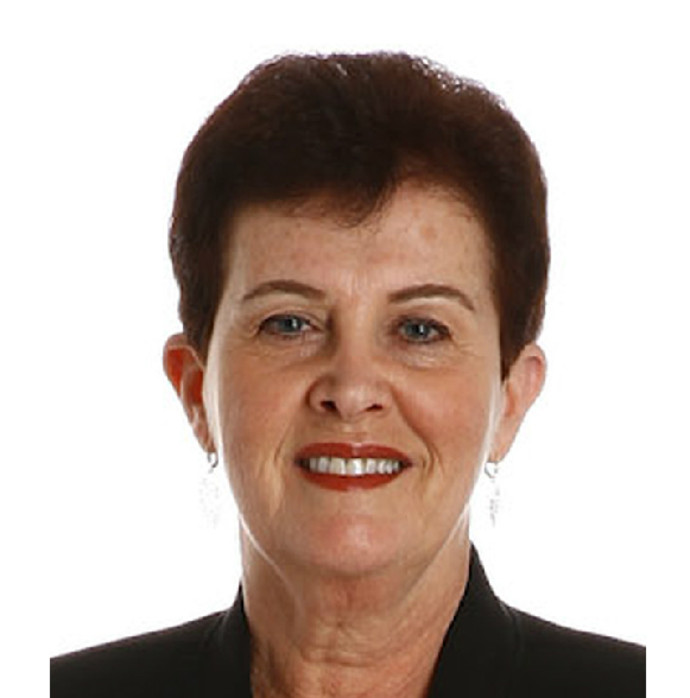Women aged 55 and over who snore are at increased risk for sleep apnea, which can be fatal, a new study from Tel Aviv University found.
Who is most at risk?
In most cases, because snoring occurs during sleep, women who suffer from sleep-disordered breathing may not even be aware that they are suffering from some problem that puts them at an increased risk for sleep apnea.
The study, conducted by Dr. Alona Emodi-Perlman, Prof. Ilana Eli, Dr. Jawan Sleiman and Dr. Pessia Friedman-Rubin from the Department of Oral Rehabilitation at the Maurice and Gabriela Goldschleger School of Dental Medicine at Tel Aviv University, examined hundreds of Israeli women divided into two groups: pre-menopausal women aged 20–40 and post-menopausal women aged 55 and over.
Researchers found that about 15% of the older group are at significant risk for sleep apnea, compared to only about 3.5% of the younger group.
The study also found that 11% of the women who snore are at increased risk for sleep apnea – ten times more than the 1% who don’t snore.

What are sleep-breathing disorders?
“Sleep-breathing disorders range across a broad spectrum – from mild snoring to the most severe and dangerous disorder – sleep apnea, which causes a decrease in blood oxygen concentration and can be life-threatening,” Eli explained.
“If the phenomenon is not diagnosed and treated in time, it can contribute to the development of a variety of systemic diseases, such as hypertension, cardiovascular disease and stroke.”
Lack of diagnoses is mainly due to the lack of awareness and under-reporting, since women suffering from the problem do not know about it because it occurs during sleep.
While fatigue, headaches, masticatory muscle soreness upon waking or sleep problems like insomnia could be noticed by women suffering from the problem, these symptoms could be an indication of sleep apnea.
“The lack of early diagnosis is particularly noticeable in one of the target demographic groups: women over the age of 50, who suffer from an increase in the incidence of sleep-disordered breathing due to hormonal changes that occur during menopause,” Eli said, adding that “we wanted to examine and characterize the phenomenon in this group in order to raise a red flag when necessary.”
